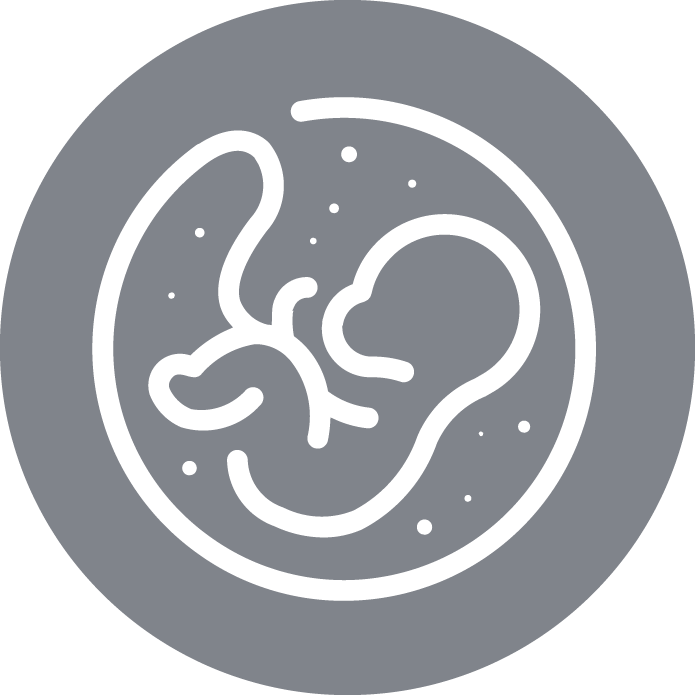Is immunology a factor in infertility?
When a person gets pregnant, her body uses special cells called uterine Natural Killer (NK) cells to identify the presence of the embryo, to help it find the right path in the uterus and to form a good placenta. At the same time, it controls the rest of the maternal immune cells so that they do not harm the embryo while protecting it from other external factors such as infections. However, each mother's genetic predisposition in combination with previous experiences (infections, previous miscarriages, previous pregnancies, implantation failures after several embryos, previous pathologies, etc.) cause the maternal immune cells to behave differently. In some cases, these behaviours can be potentially harmful to the embryo. For this reason, it is believed in some cases that immunology may be a factor in infertility.
It seems logical to think that a pregnant woman's immune system would not recognize an embryo formed from her own egg with a sperm as "foreign" or "strange". However, it is precisely the sperm's genetic load that can provoke an exaggerated or blocked change in the mother's immune cells.
Half of the gestational embryo's genetic load corresponds to this male gamete, which can cause an immunological alarm. This excessive defense represents an infertility factor to be considered when several implantation failures or miscarriages occur. An examination with the immunologist is necessary to rule out or confirm an abnormal interference of the immune system in the pregnancy cycle.
The heart of the matter lies in the polymorphic nature (very different from one person to another) of the KIR receptors (Killer cell Immunoglobulin-like Receptors). These are molecules that induce the activation or blockage of uterine NK cells. What does this mean? As stated at the beginning of this post, each body has a particular predisposition to induce a positive or negative response in maternal immune cells. It is this response that affects the embryo's being accepted in the mother's womb.
By studying and monitoring the mother's immune responses, fertility experts may consequently see a greater or lesser likelihood that the pregnancy will be interrupted at an intermediate stage. The zygote may not even be able to nest successfully in the endometrium, a place full of maternal immune cells.
The endometrium is an immunologically active organ.
"For a long time, the uterus was an immuno-privileged place, even free of bacteria, and the maternal bed was inert. Now we know that the endometrium is an immunologically active organ and full of bacteria. Therefore, immunology and microbiota are key factors to study to achieve reproductive success," explains Dr. Diana Alecsandru.
Immunological factors are estimated to be responsible for recurrent pregnancy loss in a high percentage of cases. And the most frequent immune disorders are:
- Autoimmunity
- TH1/TH2 response imbalance
- Imbalanced maternal NK cell response
- KIR-HLA compatibility
If you are interested in learning more about immunology as an infertility factor, you can find out more about our Immunology and Hematology In Assisted Reproduction course.



